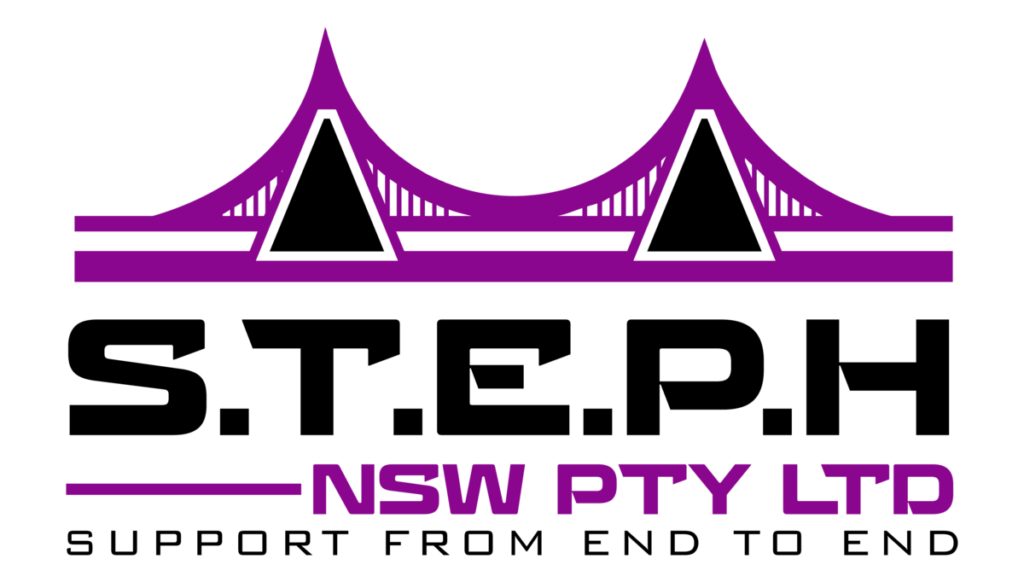
Neurodiversity Identification
An identification (“diagnostic”) assessment looks at the specific reasons you may be experiencing the world as you do. These assessments are available for everyone from 3 years of age. Identification assessments are completed in an affirming manner, attempting to understand the person’s world view whilst providing support and recommendations for them to meet their goals. Being an affirming assessment means that no matter the diagnosis provided, the way the person thinks, feels, and experiences the world is appropriate and does not need to be changed. Recommendations for support and services will be provided as a way for the person to meet their goals.
Some of the identification assessments that can be completed include:
- Autism (using the MIGDAS, ABAS, CARS, CAT-Q and clinical interview)
- ADHD (using the DIVA, ABAS, BDEFS/ESQ-R, and clinical interview)
- Intellectual Disability (using the SB-5, ABAS and clinical interview)
- Mental Health Conditions (using a clinical interview and appropriate screeners)
Note: Mental Health screeners are added to the assessments where appropriate based off clinical interview information.
Completion time of the assessment depends on the assessments being completed. If you are unsure of the assessment required, please contact us via he enquiry form and we will be happy to speak to you regarding your concerns and questions. Completing an identification assessment will require an interview, completion of questionnaires, and completion of formal assessments.
All assessments have an option of either a detailed report which has in-depth recommendations, and can be utilised for government funding / NDIS Support. For those who are not looking for access to NDIS or government services, an option of a diagnostic letter is provided. The letter is also a more cost-effective manner for those who need it. All findings will be provided to the person in a follow up meeting at the completion of the report.



